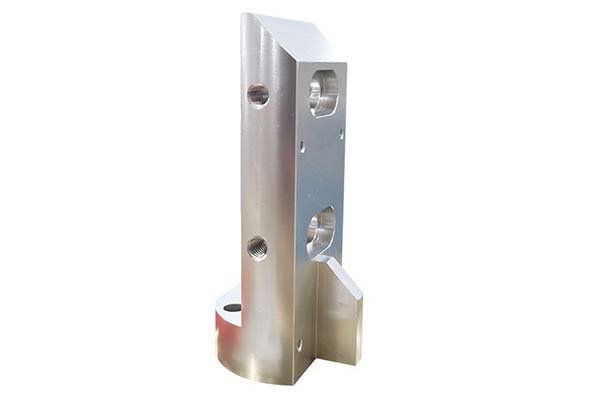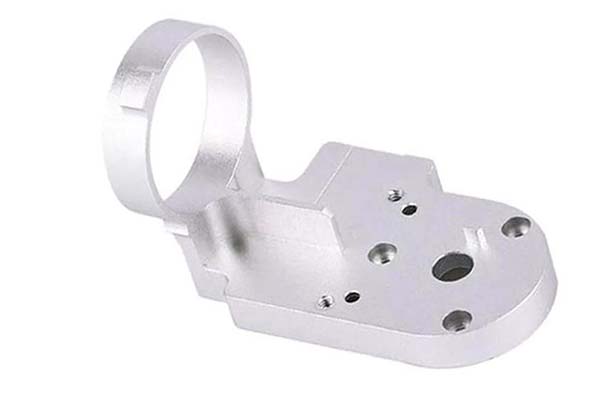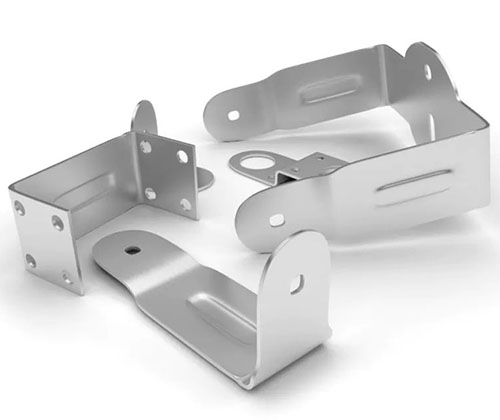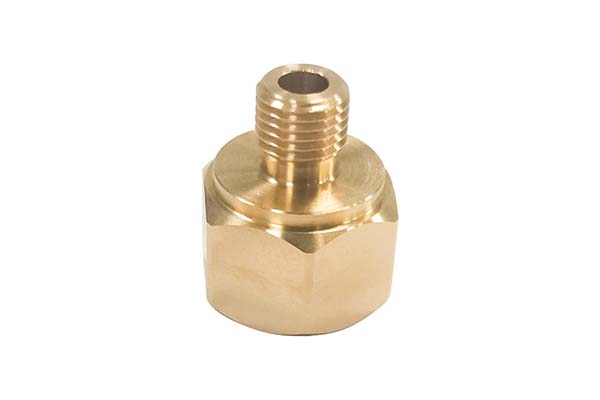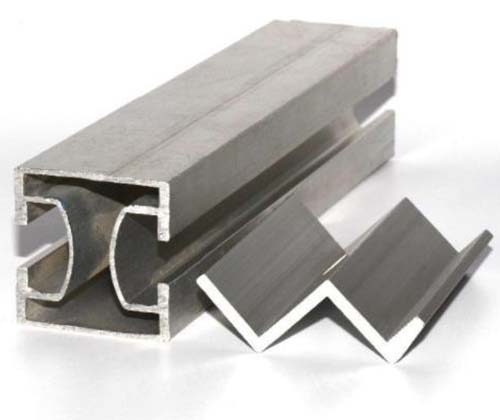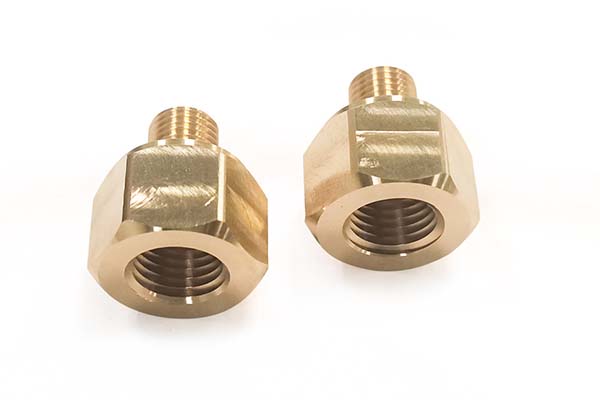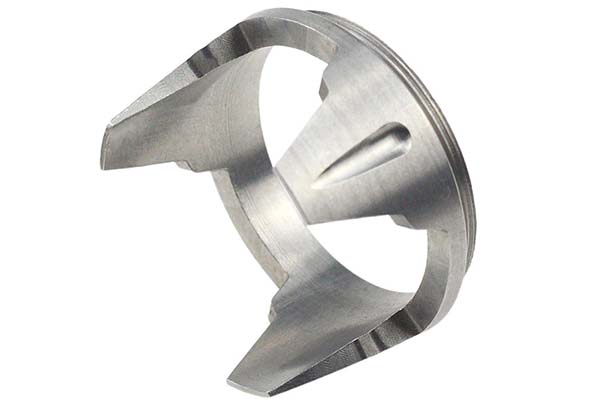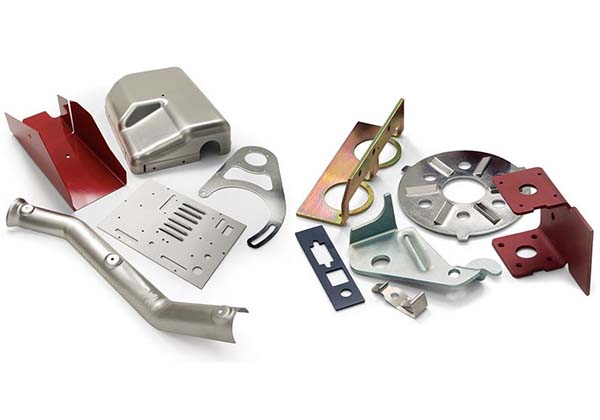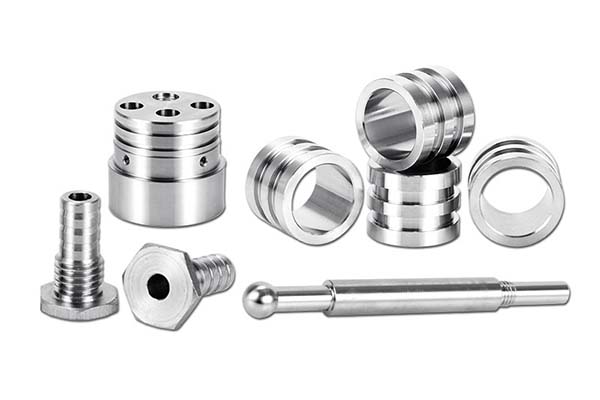Manufacturers seeking a material that can withstand heavy loads, repeated stress, and harsh environments often struggle to find a balance between strength, elasticity, and formability. Many high-strength steels lack the spring properties needed for dynamic applications, while more flexible metals fail under sustained pressure. This is where Metal Stamping 60Si2Mn (Silicon-Manganese) steel stands out. As a premier spring steel, 60Si2Mn delivers exceptional tensile strength, fatigue resistance, and elasticity, making it a top choice for critical components like automotive suspension springs. However, stamping it requires specialized knowledge to handle its hardness, springback, and sensitivity to heat treatment. In this guide, we’ll address these challenges, exploring 60Si2Mn’s properties, processes, and applications to help you achieve reliable, long-lasting results.
Material Characteristics of 60Si2Mn (Silicon-Manganese Steel)
60Si2Mn’s performance is rooted in its precisely engineered composition and heat-treated microstructure:
- Alloy Composition: Contains 0.56–0.64% carbon, 1.50–2.00% silicon, 0.60–0.90% manganese, and trace amounts of phosphorus and sulfur. This blend—especially the high silicon content—enhances elasticity and hardenability, while manganese improves strength and machinability.
- Spring Properties: Its defining trait is the ability to absorb and release energy repeatedly. After heat treatment, 60Si2Mn exhibits a high elastic limit, allowing it to flex under load and return to shape without permanent deformation.
- Hardening and Tempering: Achieved through quenching (heating to 860–880°C, then cooling in oil) and tempering (450–500°C), which produces a tempered martensite microstructure. This process yields a hardness of 40–48 HRC, balancing strength and ductility.
- Corrosion Resistance: Naturally limited, but can be enhanced with zinc plating or phosphate coating for applications like automotive suspension springs exposed to road salts and moisture.
- Elastic Modulus: Approximately 200 GPa, ensuring stiff yet flexible behavior—critical for springs that must maintain consistent force over time.
Stamping Process for 60Si2Mn (Silicon-Manganese Steel)
Stamping 60Si2Mn requires precision to manage its strength and spring back:
- Metal Stamping Techniques:
- Punching and Blanking: Use car bide-tipped tools with 5–7% clearance to avoid edge cracking. 60Si2Mn’s hardness (even in annealed form) demands sharp dies to ensure clean, burr-free edges.
- Bending and Forming: Bend at slow press speeds (5–8 strokes per minute) to reduce stress. For tight radii, use a minimum bend radius of 4× material thickness—smaller radii risk cracking, especially in cold-worked areas.
- Drawing and Trimming: Limited to shallow draws (maximum ratio 1.2:1) due to moderate ductility. Trim with high-pressure presses to ensure straight edges, as uneven trimminensure straight edges, as uneven trimming can cause stress concentrations.
- Tooling Design and Die Materials: Dies must be made from hardened tool steel (D2 or A2) or carbide to resist wear. Incorporate large radii and chamfers to minimize stress in the material during forming.
- Stamping Accuracy: Achievable with tight tolerances (±0.05 mm) for critical dimensions like spring coil diameters. Use servo-electric presses for precise control over force and speed, especially for thin-gauge parts (≤2 mm).
- Production Efficiency: Optimized by using progressive dies for high-volume parts like small mechanical springs. This reduces handling time and ensures consistent quality across batches.
Mechanical Properties of 60Si2Mn (Silicon-Manganese Steel)
60Si2Mn’s mechanical traits make it ideal for high-stress applications:
- Tensile Strength: 1,200–1,600 MPa, far exceeding mild steel and many other spring steels, enabling it to handle heavy loads in suspension systems and industrial machinery.
- Yield Strength: 1,100–1,400 MPa, ensuring minimal permanent deformation under sustained stress—critical for springs that must maintain performance over time.
- Elongation: 10–15% after tempering, providing enough ductility for stamping while retaining strength.
- Fatigue Life: Exceptional, with 60Si2Mn springs lasting 1 million+ cycles in typical applications. This is due to its fine-grained microstructure and uniform hardness distribution.
- Impact Resistance: Moderate (20–30 J at room temperature), making it suitable for static or low-impact dynamic applications like valve springs, but less ideal for high-impact scenarios.
- Load-Bearing Capacity: Superior to many spring steels, withstanding up to 80% of its yield strength repeatedly without failure—key for automotive suspension systems supporting vehicle weight.
A comparison with other spring steels highlights its advantages:
| Steel Grade | Tensile Strength | Fatigue Life (Cycles) | Hardness (HRC) |
| 60Si2Mn | 1,200–1,600 MPa | 1M+ | 40–48 |
| 5160 (Cr-V) | 1,600–2,000 MPa | 1M+ | 45–50 |
| 1095 | 1,200–1,600 MPa | 500K–1M | 38–45 |
Applications of 60Si2Mn (Silicon-Manganese Steel) Stamped Parts
60Si2Mn’s unique blend of strength and elasticity makes it indispensable in:
- Automotive Components: Suspension springs, leaf springs, and valve springs rely on its ability to absorb road shocks and maintain vehicle stability.
- Mechanical Springs: Compression springs in industrial machinery, such as presses and conveyor systems, use 60Si2Mn for consistent force output.
- Industrial Machinery Parts: Clutch springs, brake components, and heavy equipment tensioners leverage its fatigue resistance for long-term reliability.
- Electrical Components: Contact springs in switches and relays depend on its consistent force to ensure reliable electrical connections.
- Load-Bearing Devices: Safety pins, latch springs, and heavy-duty fasteners use 60Si2Mn to withstand static and dynamic loads.
Each application capitalizes on 60Si2Mn’s ability to perform under sustained stress.
Quality Assurance for 60Si2Mn (Silicon-Manganese Steel) Stamping
Ensuring 60Si2Mn parts meet performance standards requires rigorous checks:
- Dimensional Inspection: Use coordinate measuring machines (CMMs) to verify critical dimensions like spring length, coil diameter, and bend angles, with tolerances as tight as ±0.03 mm for precision components.
- Surface Finish: Inspect for scratches, pits, or galling using optical systems—surface defects can reduce fatigue life by acting as stress points.
- Defect Detection: Employ ultrasonic testing to identify internal flaws (e.g., inclusions) and magnetic particle inspection for surface cracks, especially in high-stress areas like spring coils.
- Testing Protocols: Conduct fatigue testing (1 million+ cycles) to validate durability, and perform hardness checks (40–48 HRC) to confirm proper heat treatment.
- Material Certification: Ensure compliance with standards like GB/T 1222 (Chinese standard for spring steels) and provide certificates verifying alloy composition and mechanical properties.
Yigu Technology’s Perspective
As a custom manufacturing supplier in China, Yigu Technology specializes in Metal Stamping 60Si2Mn (Silicon-Manganese) for automotive and industrial clients. We optimize die design with large radii to prevent cracking and use carbide tooling for precision. Our process includes in-line hardness testing and fatigue sampling, ensuring parts meet tensile strength and durability requirements. Whether for suspension springs or industrial components, we deliver 60Si2Mn parts that balance strength, elasticity, and reliability.
FAQs
- How does 60Si2Mn compare to 5160 chrome-vanadium steel?
60Si2Mn offers better elasticity and cost-effectiveness, making it ideal for general spring applications. 5160 provides higher tensile strength (1,600–2,000 MPa) for extreme-load scenarios but at a higher cost.
- Can 60Si2Mn be welded after stamping?
Welding is not recommended, as heat can soften the material and reduce strength. For assemblies, use mechanical fasteners or adhesives instead.
- What’s the maximum thickness for stamping 60Si2Mn?
Practical for sheets up to 8 mm thick. Thicker material requires pre-annealing to improve formability and slower press speeds to prevent cracking.
